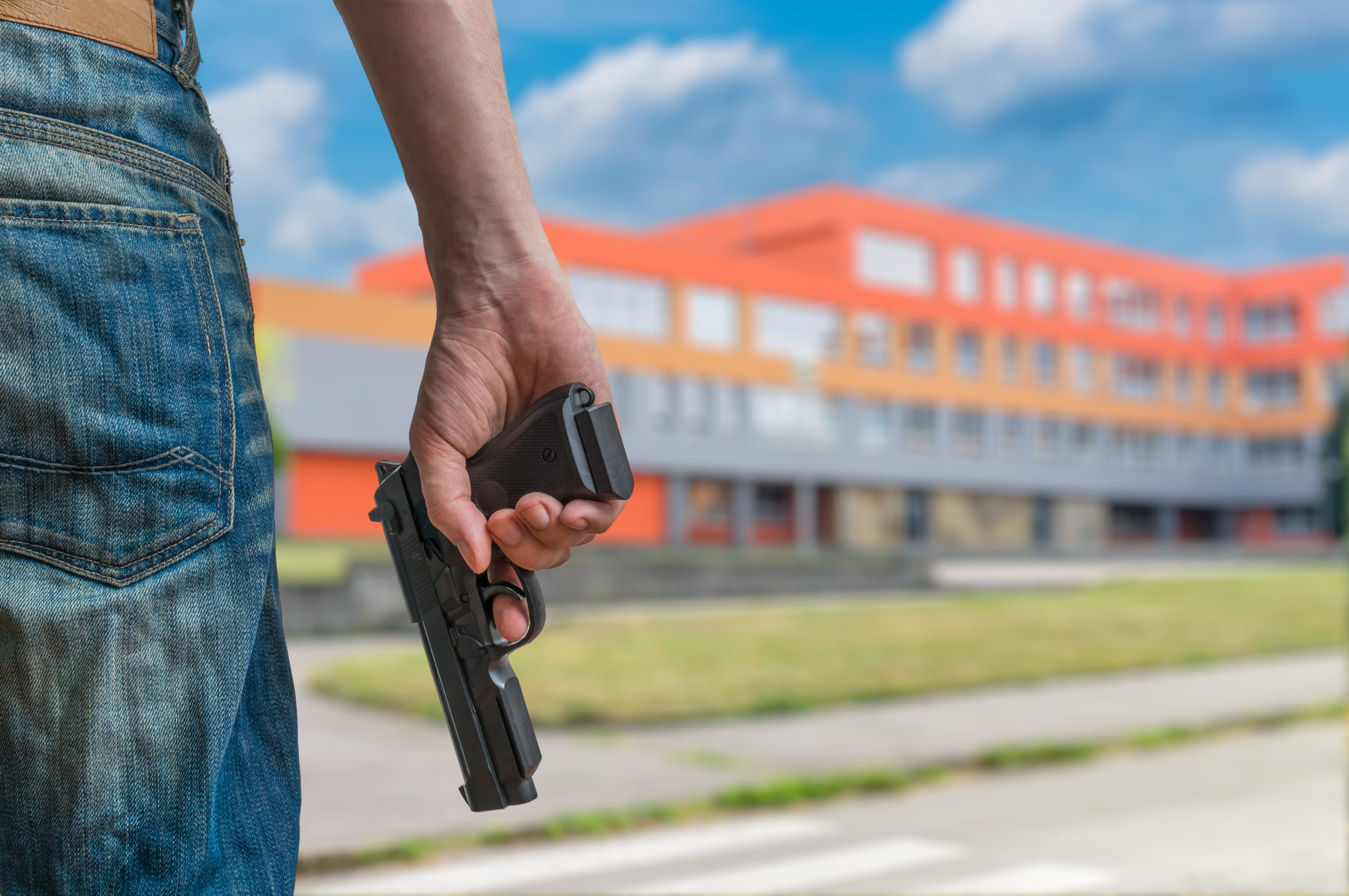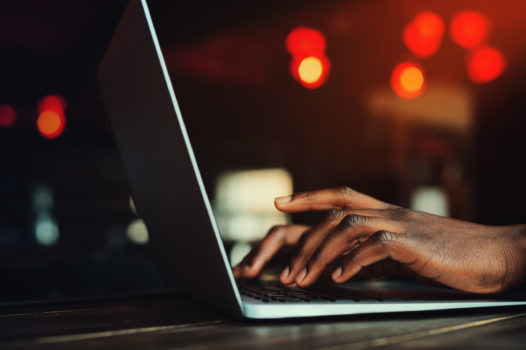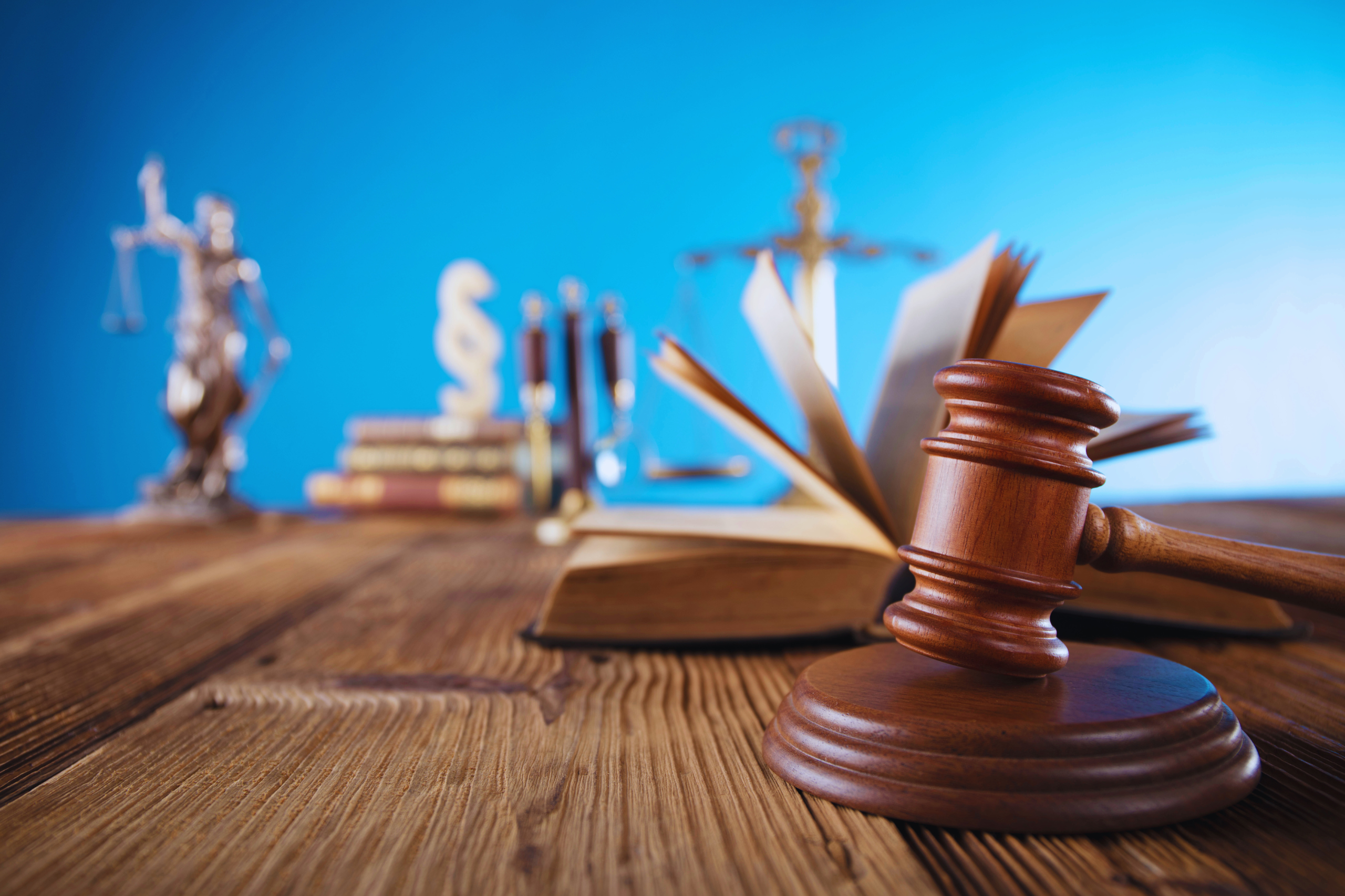Deleting Violent Acts Caught on Camera from U.S. Websites
Deleting Violent Acts Caught on Camera from U.S. Websites

The speed and vastness of the internet is something that society struggles to control. When violent acts, like terrorist attacks and school shootings occur, the power of smartphone cameras make it possible for videos of violence to appear on social media within seconds- uploaded for the whole world to see, and shared by a myriad of news outlets. Some of this content is disturbing to most, and many argue that it could incite others to commit similar acts.
Violent Acts and The Dangers of Extremist Forums
Recently, an anti-semitic open letter was uploaded to a far-right message board known as 8chan. Hours later, a man opened fire at a synagogue in Poway, California near San Diego on the last day of passover. One person was killed and three were injured. According to NBC News, the user who posted the white nationalist open letter on 8chan used the username, “JohnTEarnest”. Shortly after, John T. Earnest would be taken into custody as a suspect. Along with the 8chan note was a link to a Facebook page with a message that read “a livestream will begin shortly”. It included a link to songs that the user planned to play during the livestream, according to NBC News.
A month before the Poway synagogue shooting, a shooting occurred at Christchurch Mosque in New Zealand. At least 49 people had been killed, according to BBC News. The shooting was also live streamed, and posted on social media platforms.
Six month ago (to the day of the Poway shooting), an anti-semitic white nationalist, Robert Bowers, opened fire at a synagogue in Pittsburgh. He killed 11 people, according to The New York Times.
Interestingly enough, these three attacks all have something in common: the shooters used extremist forums to post messages of notice, including clear motives and evidence. Even worse, the Poway shooter cited the violent acts committed at Christchurch and the Pittsburgh shooting as motivations, according to The Atlantic.
When you consider this information, and the influence the internet can have on violence, what is the solution? How and when do these violent acts caught on camera get removed from U.S. websites? Who should be held accountable?
Free Speech and Social Media
Well, according to Section 230 of the Communications Decency Act, “No provider or user of an interactive computer service shall be treated as the publisher or speaker of any information provided by another information content provider.” This means that those who own and manage social media websites are not responsible for the content uploaded to their platforms. It also means they can’t be sued if a user posts naked photos of their ex-girlfriend or videos of a violent shooting.
Major social networks have taken steps to police content in response to public outcry, but, given the vast population using these platforms, it’s almost impossible to manage. Platforms like Facebook and Youtube have policies that prohibit certain types of gruesome and hateful content. However, in reality, these policies only go into effect after the content has been posted and the damage done. Plus, it could take days before the harmful content is even removed.
Free Speech Limitations or Public Protection from Violent Acts?
Recently, YouTube has grown more vigilant about removing suspected “terrorists videos” from their platform. Engadget reports in the first three months of 2019, Google (who owns Youtube) manually removed more than a million videos that they suspected to be associated with terrorism- 90,000 of which were found to be in violation of YouTube’s Terrorist Policy. While it is noble of Google to take the time and money to manually remove these videos, it also is alarming that over a million videos posted to their platform are associated, or have the potential to be associated with, terrorism.
“Google, Facebook, Twitter and Microsoft have been asked to reveal their counter terrorism budgets, but putting a number on that proves to be complex. The “hundreds of millions of dollars” estimate from Google is the closest thing to an answer that we’ve seen so far,” Engadget reports.
It’s clear that social media and the internet have become a powerful weapon for criminals to promote hate crimes and acts of terrorism. Anti-semitic acts of violence, in particular, have increased at an alarming rate in recent years (just take a look at Kanye West’s tweets). Removing violent content, hate-speech, harassment, and defamation from internet platforms is clearly a growing problem.
In Need of a First Amendment Lawyer or Defamation Lawyer?
If you have been defamed, harassed, or bullied online, please contact the defamation attorneys at RM Warner Law. We can help restore your reputation!
Similar like this
You also might be interested in
Legal Strategies for Protecting Your E-commerce Business’s Intellectual Property
Your e-commerce business is more than just products and services [...]
The Importance of an E-commerce Lawyer for Online Businesses
Running an online business is exciting but comes with many [...]
The Role of Terms and Conditions in E-commerce: Why You Need a Lawyer
Strong terms and conditions aren’t just formalities—they’re your shield against [...]
What is The Statute of Limitations in My State? – State Defamation Law Chart
The statute of limitations sets the time frame within which [...]





